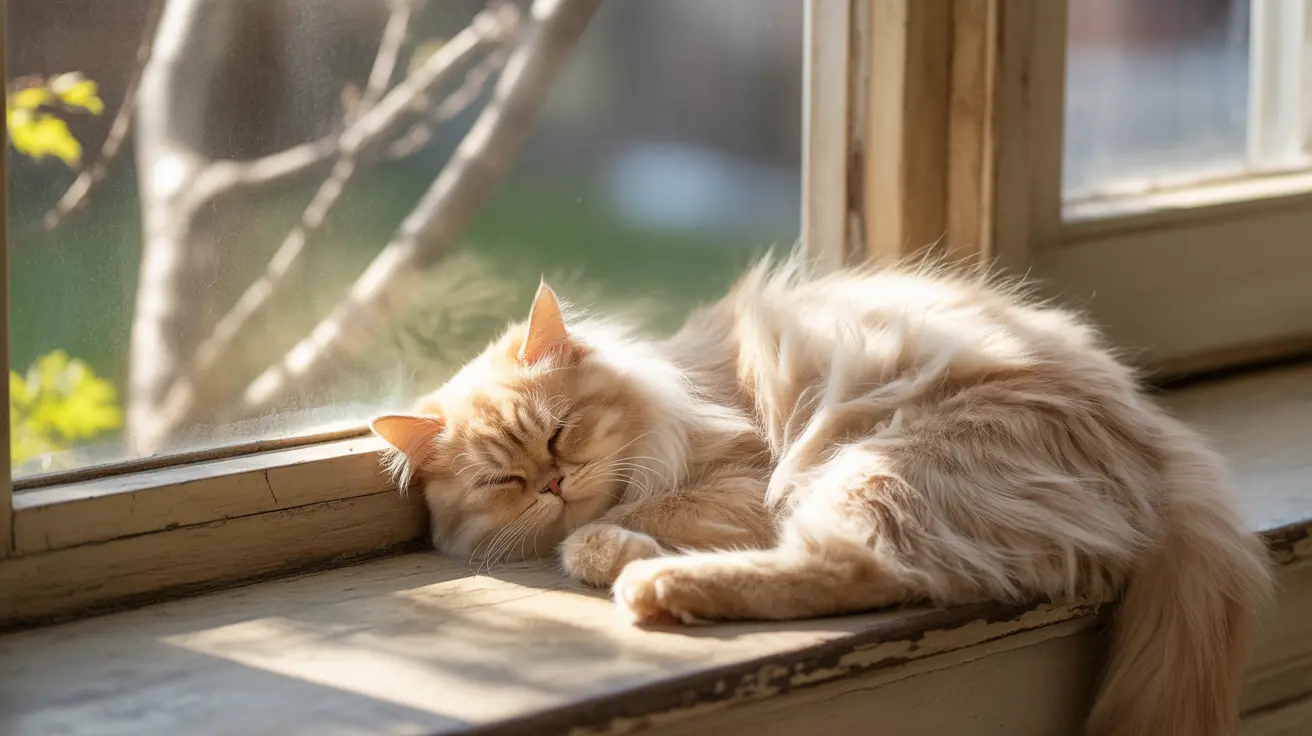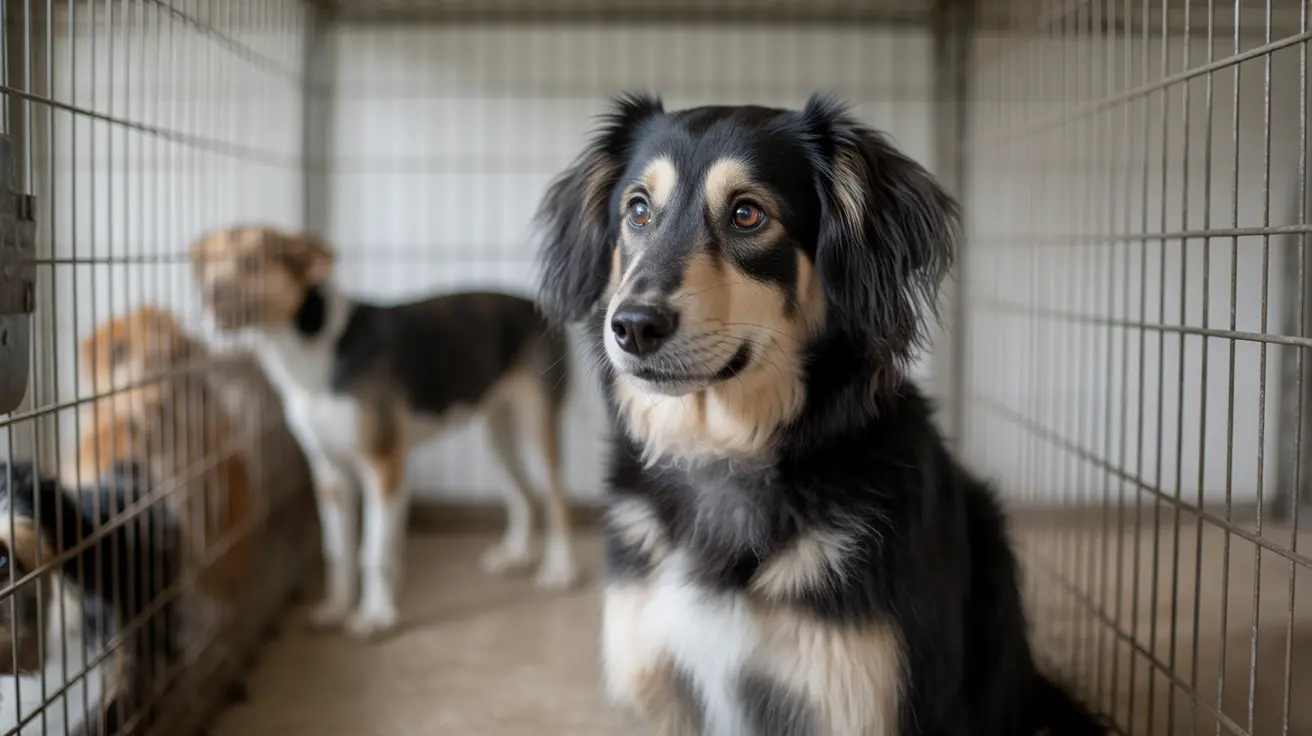If you've ever heard gentle whistling or rumbling sounds coming from your sleeping feline friend, you're familiar with cat snoring. This common behavior can range from a completely harmless quirk to a potential indicator of underlying health issues. Understanding why cats snore and recognizing when it might signal a problem is crucial for every pet parent.
Just like humans, cats can snore when air movement through their upper airways becomes restricted during sleep. While occasional snoring is usually nothing to worry about, certain factors can make some cats more prone to this behavior than others.
Common Causes of Cat Snoring
Anatomical Factors
Some cats are natural snorers due to their physical features. Brachycephalic breeds like Persians and Himalayans, with their characteristic flat faces and shortened nasal passages, are particularly prone to snoring. Their unique facial structure can make breathing slightly more challenging, especially during sleep.
Sleep Position and Weight
The way your cat sleeps can significantly impact their breathing patterns. Certain positions, particularly when your cat sleeps with their head twisted or tucked awkwardly, can temporarily restrict airflow and cause snoring. Additionally, overweight cats may snore more frequently due to excess tissue around their upper airways.
Health-Related Causes of Snoring
Respiratory Issues
Upper respiratory infections, chronic rhinitis, and nasal inflammation can all lead to snoring in cats. These conditions often cause congestion and swelling in the nasal passages, making it harder for air to flow smoothly during breathing.
Structural Problems
Sometimes, physical blockages in the nasal canal can cause snoring. These might include:
- Nasal polyps
- Foreign objects (like grass blades)
- Tumors (though rare)
- Dental problems affecting the upper airway
When to Seek Veterinary Care
While some snoring is normal, certain signs should prompt a visit to your veterinarian:
- Sudden onset or increased intensity of snoring
- Snoring accompanied by wheezing or labored breathing
- Open-mouth breathing
- Nasal discharge or excessive sneezing
- Changes in eating habits or energy levels
Frequently Asked Questions
Why do some cats snore more than others?
Cats may snore more frequently due to their breed characteristics (especially flat-faced breeds), body weight, sleeping position, or underlying health conditions affecting their airways.
How can I help my overweight cat stop snoring?
Work with your veterinarian to develop a weight management plan including proper diet and exercise. Reducing excess weight can significantly improve breathing and reduce snoring.
What are the common health issues that can cause snoring in cats?
Common health issues include upper respiratory infections, nasal inflammation, allergies, polyps, foreign objects in nasal passages, and dental problems affecting the upper airway.
Is cat snoring always a sign of an underlying health problem?
No, cat snoring isn't always cause for concern. Many cats snore occasionally due to their sleeping position or natural anatomy, particularly brachycephalic breeds.
How can I determine if my cat's snoring requires veterinary attention?
Monitor for changes in snoring patterns, additional symptoms like labored breathing, nasal discharge, or changes in behavior. If snoring suddenly develops or increases in intensity, consult your veterinarian.
Remember, while cat snoring is often harmless, staying attentive to changes in your pet's breathing patterns and overall health can help ensure any potential problems are addressed promptly.






